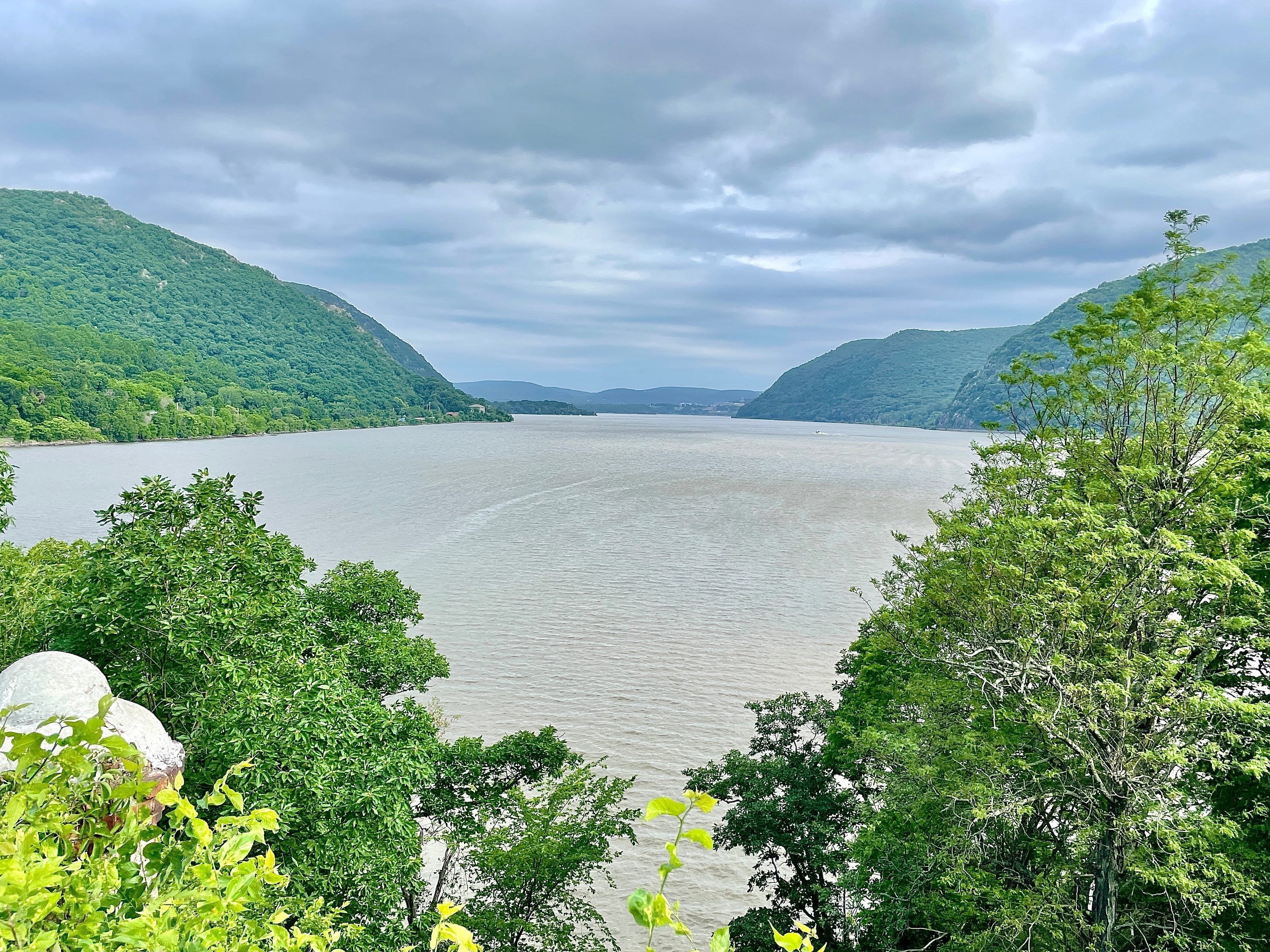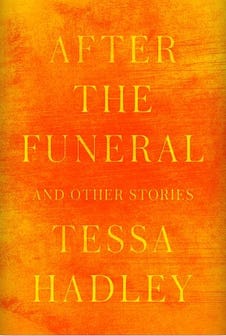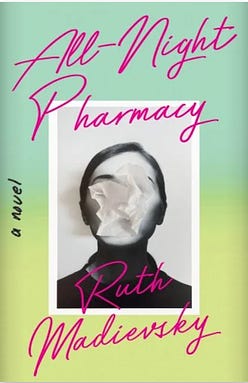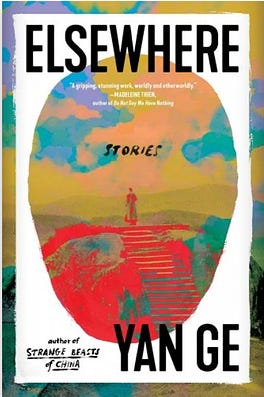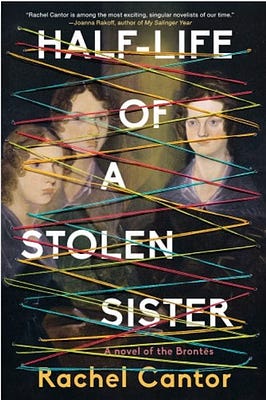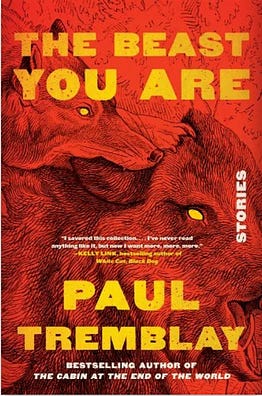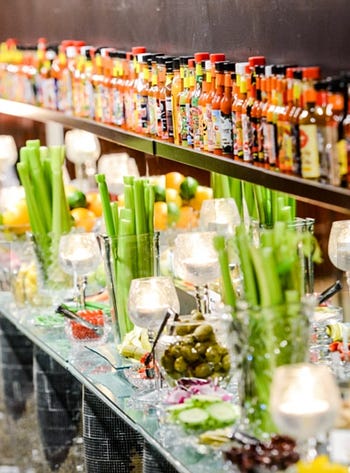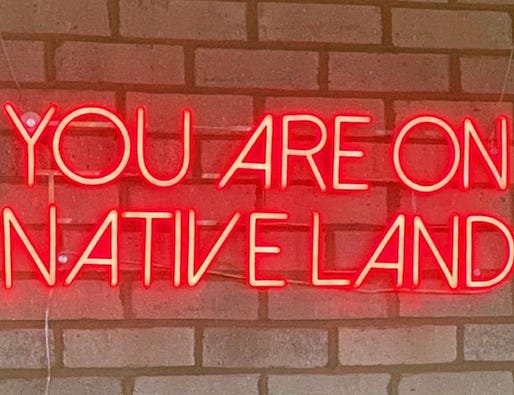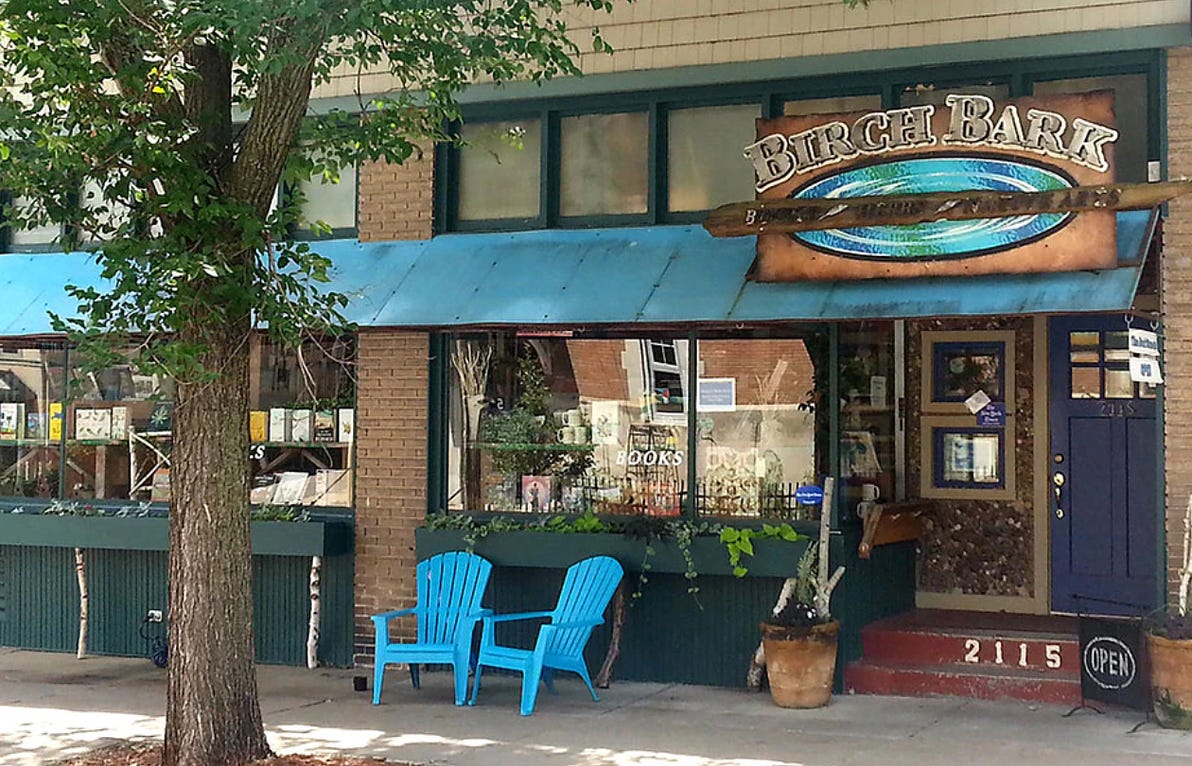You are reveling in CultureWag, the best newsletter in the universe, edited by JD Heyman and written by The Avengers of Talent. We lead the conversation about culture: high, medium and deliciously low. Drop us a line about about any old thing, but especially what you want more of, at jdheyman@culturewag.com “If you aren’t reading the Wag, you’ll never get anywhere when it comes to quantum electrodynamics.” —Richard Feynman Greetings, Smarties: It's Your Book Wag!The Hudson Valley, Tessa Hadley, Yan Ge, Paul Tremblay, Minneapolis, and More ...Dear Wags, As I returned from a book event in Minneapolis this week, I learned parts of New York’s Hudson Valley had been devastated by freak storms. The United States Military Academy at West Point, where my spouse grew up (and from which he graduated) was at the epicenter of the disaster. Still, the nearby towns of Cornwall-on-Hudson and Highland Falls/Fort Montgomery may suffer more lasting damage from severe flooding. West Point will get plenty of federal aid. Cornwall and Highland Falls may, too. I’m not thinking about rebuilding infrastructure, though that’s important. I’m more concerned about local people who rely on the Academy and surrounding businesses for their livelihoods—cooks, laundry workers, landscapers and administrative personnel, librarians and even booksellers. Many of these folks can’t get to their jobs at West Point, because Route 218, an artery that hugs Storm King Mountain, may be closed indefinitely. The economic impact will be profound. This hits close to home. My mother taught at Ladycliff, a small women’s college just outside the Academy’s south gate. She frequently commuted from our home in New Windsor on Route 218. My parents-in-law lived in Fort Montgomery, which boasts a spectacular view of the Hudson. Very dear friends of mine grew up in Highland Falls. So, I can picture this climate-related catastrophe in intimate detail. I’m deeply familiar with the terrain that makes the Hudson Valley such a beautiful and challenging environment. Books are less on my mind than people, but books are on my mind, too. Here’s a precious example: Ladycliff College is now the West Point Museum, and there’s an old groundskeeper’s cottage on its property. That building is home to the Constitution Island Foundation. I am obsessed with the story of Susan and Anna Warner, a pair of sisters who lived on the island, across the river from West Point. The Foundation preserves their books and archives of their years teaching Sunday School to cadets (Susan wrote the hymn Jesus Loves Me). One of their students was Dwight D. Eisenhower. I hope their books and those in area libraries are safe. Once these ravaged places recover, we must rediscover and cherish them again. Lastly, if there’s a place near to your heart affected by a climate disaster, it needs your support—not just as a reader but as a citizen—when it’s time to rebuild. Yours ever, BKP After the Funeral and Other Stories by Tessa Hadley So many reviewers use the term old fashioned (“but in the best sense”) to describe Hadley’s prose. You’d be forgiven for thinking she’s long dead. Actually, she’s a youthful 67! Perhaps they’re clumsily implying she doesn’t deploy trendy literary pyrotechnics. Instead, Hadley relies on incisive sentences like this: “Her other sons were a doctor and a dentist, and although she used to talk deprecatingly about Philip’s flying, as if it were something rash, like running away to join the circus or a pop group, the girls understood now that this meant he’d been her favorite.” If you’re an Alice Munro stan, you’ll love these stories. All-Night Pharmacy by Ruth Madievsky Madievsky’s debut is set in contemporary Los Angeles, but the author emigrated from Moldova. This noirish novel owes as much to her Russian Jewish roots. After the unnamed narrator has a violent altercation with her sister Debbie, the latter disappears. The narrator surrenders to drugs and depression in her grief. That changes when she gets a job at an emergency room help desk and meets Sasha, a queer Russian émigré who pronounces themselves the narrator’s “amulet.” The pair go back to the motherland to make difficult and meaningful reconnections. This is a sister story, a queer love story, and Russian diaspora story. The book’s lyricism owes much to Madievsky’s work as a poet. Pop by All-Night Pharmacy. It’s special. Elsewhere: Stories by Yan Ge How I loved Strange Beasts of China, Ge’s first novel to be translated into English. Now that the author is writing in English, Elsewhere shows her mastery of the language. The characters in these nine stories grapple with communication, not so much in acts of translation but in the nature of the words we choose. Among them are a mother at a literary festival and a disciple of Confucius and in the 5th century. Many of these people are displaced and living in unfamiliar countries. A few huddle in tents after a massive earthquake. All are seekers, looking for an “elsewhere” that might make their lives whole. Half-Life of a Stolen Sister by Rachel Cantor Cantor is one of the finest experimental novelists working today. Her latest novel takes the lives of the literary Brontë sisters and turns them inside out. The author transports the famed sibs (and their brother, Branwell) to contemporary New York, renames them the Bronteys, and uses devices such as email, home movies, and advertisements to spin a clever yarn. It’s an ingenious take on a clan whose personal relationships were as much an invention as their books. The tale is fun if you are a fan of the novels by Charlotte, Emily, and Anne, but it’s also jolly if you’re simply looking for a great read that isn’t precious about these iconic authors. The Beast You Are by Paul Tremblay M. Night Shyamalan brought Tremblay’s The Cabin at the End of the World to the big screen as the chilling Knock at the Cabin. Watch it! His new short fiction collection will give fans another horror/fantasy fix. The title novella, like Beowulf, is an epic that doesn’t have a narrative thrust so much as eerie circular power, playing on our old fascination with beasts that lurk within and without. There are also two pandemic stories Tremblay wrote before COVID. With novelist Mona Awad (Bunny and Rouge), the author recently filed suit against OpenAI for using their work in developing the ChatGPT app. That’s a real horror story for writers, come to life. This week I’m treating you to my Twin Cities Picks: 1. Hell’s Kitchen. During my visit to Minneapolis, a pal took me to this mainstay, where where we enjoyed great grub and a two-piece jazz ensemble playing standards at the perfect volume. Even more fun: The place boasts dueling Bloody Mary and Mimosa Bars. Foot-long skewers let you load up your drink with bacon, shrimp, ham, cheese, croutons, raw veggies, olives, gummy candy, marshmallows, cut fruit, caramels, and more. 2. Owamni by The Sioux Chef. A travel-writing pal in DC told me about Wag Sean Sherman’s acclaimed—and very tough to get into—restaurant on the banks of the Mississippi. I discovered a seat at the bar is often available, and treated myself. Sherman doesn’t use sugar, dairy, gluten, or other non-indigenous proteins at Owamni (it means place of the swirling, falling water in Lakota). There’s also no chicken, beef, or pork. You won’t miss all that. There’s so much else to savor, including a starter of mushroom-corn chowder topped with bison bacon and chili oil, a bison taco including pesto made from regional greens, and an elk taco with a turnip slaw (really delicious). Beer and wine are available, but try one of the mocktails (the blueberry-lemon balm, for one) or home-brewed teas. 3. Birchbark Books. While Sherman decolonizes haute cuisine, across town in the leafy Kenwood neighborhood Wag Louise Erdrich, the acclaimed novelist, runs an indie bookstore with a great selection of new fiction and nonfiction. Alongside the expected titles, Birchbark offers an astounding array of Native memoirs and biographies, Lakota and Anishinaabe language resources, and children’s books about indigenous people. The often destructive role that Christianity played in Native American history is memorialized with a repurposed confessional against one wall filled with religious icons and symbols. Erdrich herself can often be spotted at the store. She’s a powerful artist, supporting her people and the larger community. Questions and suggestions for BookWag? Please ping bookwag@culturewag.com, and we’ll get back to you in a jiffy. CultureWag celebrates culture—high, medium, and deliciously low. It’s an essential guide to the mediaverse, cutting through a cluttered landscape and serving up smart, funny recommendations to the most hooked-in audience in the galaxy. If somebody forwarded you this issue, consider it a coveted invitation and RSVP “Subscribe.” You’ll be part of the smartest set in Hollywood, Gstaad, Biarritz, and Kasalda in St. Paul, which makes a truffled chicken adobo better than anything this side of Manila. “Great Wags are not written by impulse, but by a series of small things brought together.” —George Eliot |
Greetings, Smarties: It's Your Book Wag!
12:00
0


